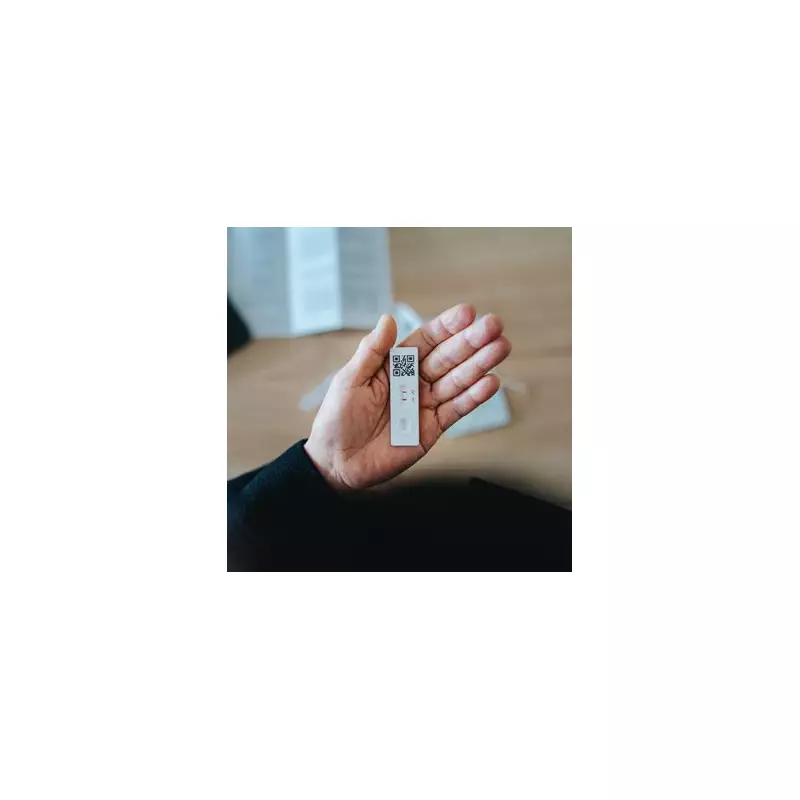
An NHS GP has issued an urgent plea to the British public, urging everyone to perform three simple but potentially life-saving health checks that can be done in the comfort of your own home.
Dr. Sooj, a respected NHS doctor known for his health advice on social media, emphasised that these quick examinations take just minutes but could provide early warnings for serious conditions like cancer and heart disease.
The Three Critical Checks That Could Save Your Life
1. The Neck Check: Dr. Sooj recommends regularly feeling both sides of your neck for unusual lumps or swellings. "If you find a persistent lump that wasn't there before, especially if it's hard, painless and doesn't move, you must get it checked by your GP," he advises. This could be an early sign of various conditions requiring medical attention.
2. The "Pinch Test": Using your thumb and index finger, gently pinch the skin on the back of your hand and observe how quickly it returns to normal. "If your skin takes longer than a couple of seconds to bounce back, this could indicate dehydration," explains Dr. Sooj. Severe dehydration can lead to serious complications, including kidney problems and low blood pressure.
3. The Toenail Inspection: "Look at your toenails between trims," the doctor suggests. Noticeable changes in colour, texture or shape could signal underlying health issues. Yellowing, thickening or separation from the nail bed might indicate fungal infections or other medical conditions requiring treatment.
Why These Simple Checks Matter
Dr. Sooj stresses that these examinations are particularly crucial given the current pressures on the NHS. With waiting times at record levels, early detection through self-checks can lead to quicker diagnoses and more effective treatment outcomes.
"The earlier we catch these things, the better the outcomes tend to be," he stated. The doctor highlighted that many people avoid seeking medical help due to fear of wasting NHS time or not recognising concerning symptoms.
These three checks serve as an accessible first step for people to become more proactive about their health without immediately needing to visit a healthcare professional.
When to Seek Professional Medical Advice
While these at-home checks are valuable for early detection, Dr. Sooj clarifies they are not replacements for professional medical opinion. "If you notice anything unusual or concerning during these checks, or if you have any persistent symptoms worrying you, please book an appointment with your GP," he urged.
The doctor also addressed common concerns about burdening the NHS, stating unequivocally: "It is never a waste of our time to check out something that's genuinely worrying you. That's what we're here for."
This public health message comes at a critical time when the NHS continues to face unprecedented demand, making preventive measures and early detection more important than ever for the nation's health.





